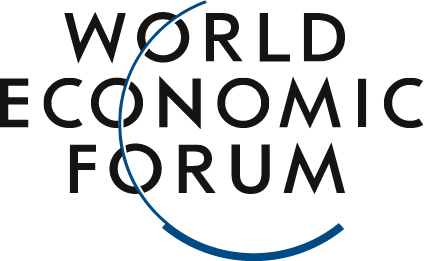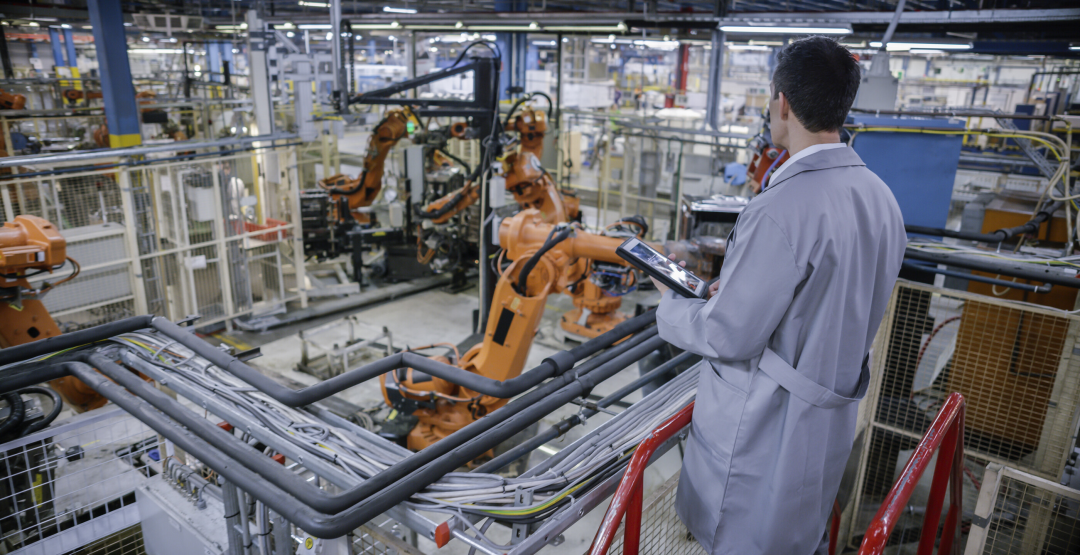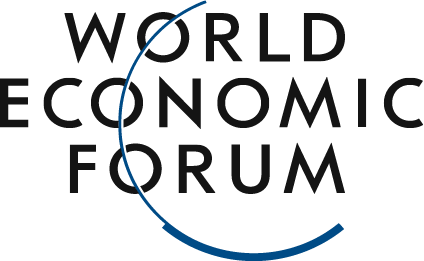Home/News/The global industry is facing a recruitment crisis, and attracting Generation Z to join the workforce is key./
The global industry is facing a recruitment crisis, and attracting Generation Z to join the workforce is key.
2025-02-20
:Getty Images
Barbara Frei
But have young people received this message?According to Soter Analytics' "2023 Gen Z Industrial Workforce Report," in a survey of 2,000 U.S. Gen Z employees, only 14% said they would consider pursuing a career in manufacturing—or "industrial work," as it’s often called. These figures are thought-provoking.Meanwhile, the survey also revealed that 27% of Generation Z aspire to work for companies leading the way in cutting-edge technologies and products—such as drones, connected devices, artificial intelligence, and virtual reality (VR).Data science, artificial intelligence, robotics, cybersecurity, and cloud computing are increasingly becoming integral components of smart manufacturing. As industries rely heavily on digital technologies, robust cybersecurity measures are essential to safeguard sensitive data, mitigate cyber threats, and ensure the integrity of operations. At the same time, cloud computing is critical for enabling real-time data access and fostering collaboration across multiple manufacturing sites. Beyond enhancing scalability, cloud platforms also provide a powerful foundation for advanced analytics, empowering organizations to optimize resource management and respond swiftly to evolving market demands. Above all, we urgently need the next generation of data scientists and analysts to step in and drive innovation forward.In the realm of artificial intelligence, automation has already paved the way. By streamlining processes, generating valuable data, and boosting operational efficiency, automation enables AI to focus on more complex decision-making tasks—such as analyzing and identifying patterns, making predictions, and continuously refining workflows. The synergy between AI and automation has given rise to intelligent automation, where machines not only execute tasks but also evolve over time by learning and adapting to enhance their performance.The digital generation has grown up interacting with technology and shaping their surroundings from an early age—embracing innovative advancements like artificial intelligence not with hesitation, but with ease and familiarity. In the effort to win over this tech-savvy cohort, we must craft our narratives with greater confidence, ensuring we can inspire them to join the industrial workforce. This is a challenge we simply can’t afford to lose.Moreover, in an era where the gaming industry, social media, TikTok, and influencers are all vying for Generation Z's limited attention, we need to explore new and innovative ways to capture their interest. We must adapt by finding creative ways to leverage these influential platforms—showcasing and amplifying how automation and digitalization are transforming industrial work for the better.Spreading sustainable ideasSince the Industrial Revolution, boosting productivity, reliability, and profitability has consistently been a key driving force. Today, in an era of global warming, digitalization enables precise control over critical processes, helping to reduce energy consumption and enhance the sustainability of the entire industrial ecosystem.In McKinsey's 2024 report, "From Recruitment to Retention: How to Attract and Keep Gen Z Talent in Manufacturing," Gen Z stands out as the only demographic that identifies "meaning" as a critical factor when deciding whether to join, stay, or leave a job. Compared to other employees, Gen Z is even more eager to make a meaningful impact.Automation helps turn this vision into reality. By precisely and efficiently handling dangerous, repetitive, and low-value tasks, automation enhances human capabilities—boosting productivity while also empowering employees, driving economic growth, and creating new job opportunities.Digitalization also enables precise control of critical processes, leading to reduced energy consumption, minimized waste, and ultimately enhancing the sustainability of the entire industrial ecosystem.Data is the lifeblood of modern industry. Access to data is key to sustaining momentum, enabling companies to produce everyday essentials efficiently and profitably—without compromising sustainability.Winning the talent competitionAs industry advocates, we need to tell an engaging story: by embracing sustainability principles, we can help economies drive growth—without compromising the health of our planet.All of us—manufacturers, technology providers, and governments—must work together to redefine large-scale industry, moving away from viewing it as a "necessary evil" and instead embracing it as a catalyst for positive change, driving innovation, environmental sustainability, and social responsibility.Now, industries have the opportunity to attract Generation Z into their workforce—but employers will need to make adjustments to drive this transformation and ensure they secure the best talent, both today and for the future.
The above content solely represents the author's personal views.This article is translated from the World Economic Forum's Agenda blog; the Chinese version is for reference purposes only.Feel free to share this in your WeChat Moments; please leave a comment at the end of the post or on our official account if you’d like to republish.
Translated by: Di Chenjing | Edited by: Wang Can
The World Economic Forum is an independent and neutral platform dedicated to bringing together diverse perspectives to discuss critical global, regional, and industry-specific issues.
Follow us on Weibo, WeChat Video Accounts, Douyin, and Xiaohongshu!
"World Economic Forum"





